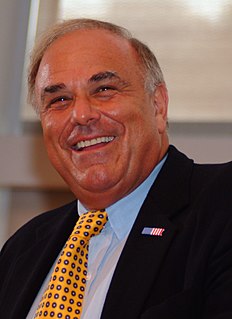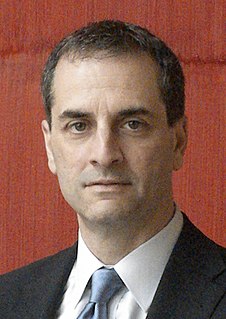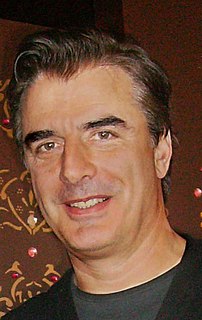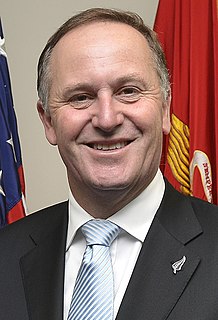A Quote by Ed Rendell
And the beautiful open spaces, the forests of Pennsylvania, the recreational uses that come from having these green open spaces and forests, they contribute dramatically to the level of our tourism, dramatically.
Related Quotes
I want to do the right things - I want to plant trees, I want to make sure that the indigenous forests are protected because I know, whatever happens, these are the forests that contain biodiversity, these are the forests that help us retain water when it rains and keep our rivers flowing, these are the forests that many future generations will need.
We need healthy forests if we want to protect our climate. As the climate changes, forests become more vulnerable to insect outbreaks, droughts and wildfires. Simultaneously, when our forests are destroyed, their carbon is released back into the atmosphere, further impacting climate change. It's a horrifying one-two punch.
I grew up with landscape as a recourse, with the possibility of exiting the horizontal realm of social relations for a vertical alignment with earth and sky, matter and spirit. Vast open spaces speak best to this craving, the spaces I myself first found in the desert and then in the western grasslands.

































